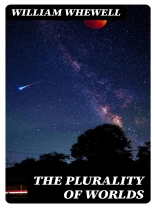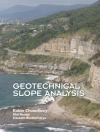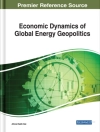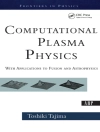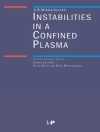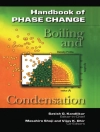William Whewell’s ‘The Plurality of Worlds’ delves into the debate of the existence of multiple inhabited worlds. Written in a highly academic and philosophical style, the book explores the scientific and theological implications of the idea of extraterrestrial life. Whewell presents various arguments and counterarguments, drawing from a wide range of disciplines including astronomy, biology, and theology, to provide a comprehensive analysis of the topic. The book is a product of its time, reflecting the growing interest in astronomy and the broader implications of the Copernican Revolution. Whewell’s meticulous research and logical reasoning make this work a must-read for anyone interested in the history of science and the philosophical implications of cosmic exploration. It stands as a landmark in the literature on the plurality of worlds and remains a relevant and thought-provoking read to this day.
A propos de l’auteur
William Whewell (1794–1866) was a polymath who made significant contributions to various fields including philosophy, science, and education. He was Master of Trinity College, Cambridge, where he had earlier been a student and professor, marking a lifelong association with the institution. As an academic, he worked across disciplines, pioneering the philosophy of science at a time when such a field was yet to be firmly established. Whewell was a true interdisciplinary thinker, and his literary contributions reflect this wide-ranging intellectual curiosity. Notably, he is credited with coining the term ‘scientist’ to describe practitioners of the various scientific disciplines. In the realm of astronomy and cosmology, Whewell’s ‘The Plurality of Worlds’ (1853) engaged with the contentious issue of life beyond Earth, a topic of great debate in the scientific and philosophical communities of the 19th century. The work is an exemplar of his skill in balancing rigorous scientific inquiry with philosophical insight, making it accessible and thought-provoking for both scholars and lay readers. Whewell’s influence extended beyond his own writings; his legacy is found in both the vocabulary of modern science and the framework within which scientific knowledge is understood and conveyed.
